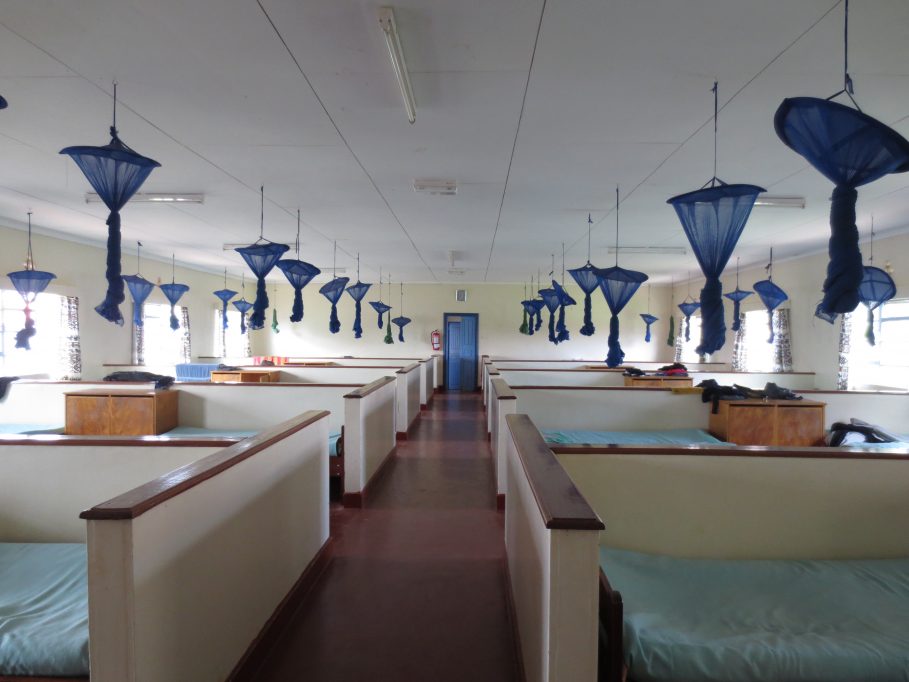The quarter of July-August-September is a trying period for undergrad applicants all over the world, who aspire to get into the best of the colleges for the course of their choice, which will propel them onto the careers of their desire and contribute to them leading a wholesome life, which for most of us is managing a job, family and the associated perks and challenges that go along with them.
Back home in the capital city of one of the growing economies of the world, with a population of 1.2 billion people, things get a little rough. The state owned university invites applications from all over the country and has very high cut off marks. Of course, then there are relaxations that you can avail of, like getting some credits if you are a sportsperson or even if you belong to a particular caste that has been notified as one of the disadvantaged ones. But the point I'm trying to really make here is that there are hundreds of thousands of aspiring students who are at loggerheads with each other and want to get their foot in edgeways into an institution. Servers crashing due to unanticipated peak load, or payment system malfunctioning, cut-offs not getting loaded and hence not declared on time, teachers going on strike etc., are issues that are pretty common.
Let's stop for a moment here. Recap the scenario. Observe the madness going on. Don't you think it is a classic example of Goodhart's Law being underway? Charles Goodhart, an economist with the Bank of England Monetary Policy Committee and presently Chairman Emeritus at London School of Economics stated,
When a measure becomes a target, it ceases to be a good measure.
The student grading system is a measure of how good or bad a student is, when subjected to a test (or tests) that is slated to test his knowlege (and retention, correlation, application etc.) I would imagine the grades to be a rating scale so that prospective employers could quantify their knowledge.
However, over a period of time, what has happened is that the grades have become our identity, and something that has extended to the institution. So, the children of today are urged to 'be competitive', multi-task, pack more in a day, forego the pleasures of childhood and make the entry into a good college their lives' mission. Oh! a short term goal, if you may. Once there, they'd be competing with people who exactly think like them. When they graduate, their peers would be thinking similar thoughts like them. You know where I'm going with this?
Anyway, as if this wasn't a big enough problem, the state cannot absorb all the students desiring entry into universities. There's just not enough institutions to accomodate. Even if there were, its not really about the real estate you know, which we are presently, very conveniently market as a provider and lap up as consumer. Brick walls can 't teach! You need teachers for that. The key to good institutions is its teachers. Where do you get them from?
't teach! You need teachers for that. The key to good institutions is its teachers. Where do you get them from?
Systematically, private players have emerged over time who 'help' the state by providing 'state of the art' campuses and dorm facilities, gym, sauna etc. Also, becasue these are promoted by well-heeled people, they land up poaching teachers. These teachers come from the public funded institutions. They come because they are offered very lucrative salaries and perks. The state funded institutes settles for the next in line or for people who would like to get into a job that is not too demanding or simply starts crumbling due to the dearth of teachers. Due to the higher operating cost model of these private institutes and the expanse of real estate, not to mention the true motives of the institutions, the students are made to pay through their nose. Scams are not unheard of and a very suave father and son duo, who were very prominent personalities comes to mind, who at one time insisted that they could churn better MBA's than IIM's.
When these students graduate and get to a job, maybe after a stringent recruitment process, the companies discover that they need to be further trained according to t heir own requirements. So each company has a training program set up for new recruits. This is a cost. It is a cost to the company, which will finally gets passed onto the consumers and the tax payers.
heir own requirements. So each company has a training program set up for new recruits. This is a cost. It is a cost to the company, which will finally gets passed onto the consumers and the tax payers.
So little wonder that school fees today are close to about Rs15,000-20,000 a month (~ $ 300) and college fees set you off by about Rs. 20 lacs (~ $ 30,000) a year, depending on where you land up sending your child. Helpful companies have stepped in offering easy processing of education loans, offering options of funding your education. The day is not far, when children here would also follow their western counterpart and start their careers being in debt.
So what is the learning in all this?

Who gives a damn?

Abir, that was beautifully written. All of this goes on under the guise of professionalisation. The irony is that almost all developed nations have good quality education free till secondary. But we went one up and professionalised even basic education